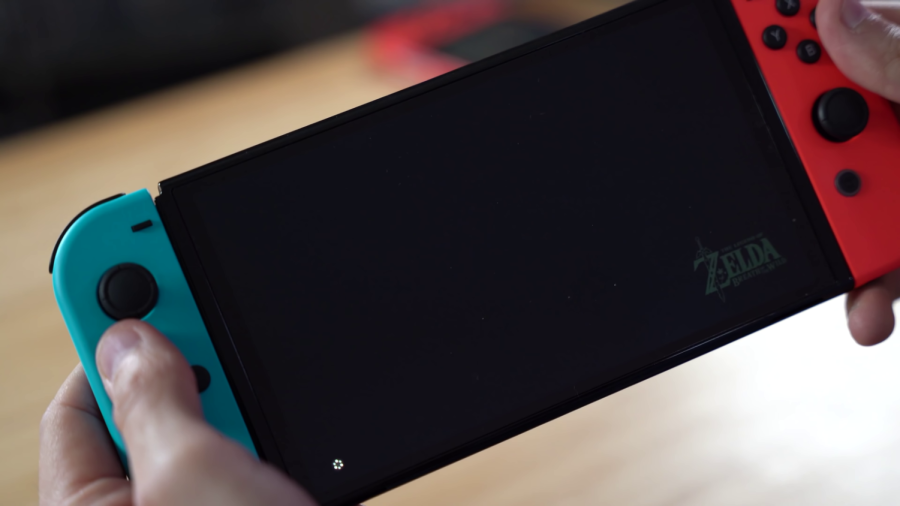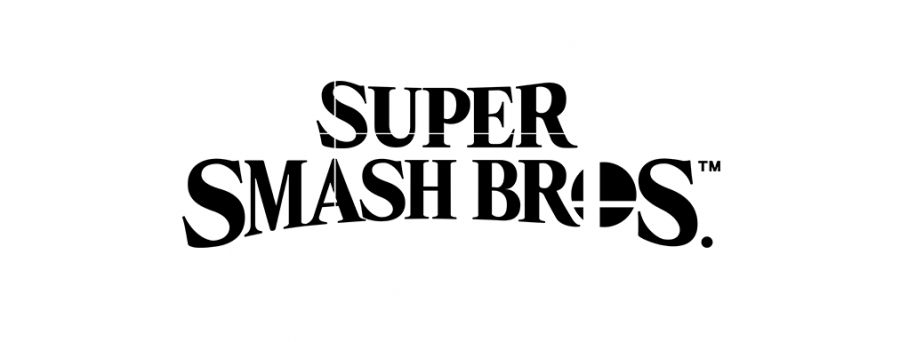
An all too common trend among video games in today’s culture is the stereotype of the renegade soldier/space marine/war veteran whose primary desire is to destroy every single thing in sight, which is generally Nazis or aliens. It doesn’t help that stories are being condensed into a formulaic pattern where something bad is taking over and the heroes get to curb stomp or plasma sword slice everything into submission.
Call of Duty is essentially the same game every time, and the ability to jump two inches higher and wear a purple suit of armor is enough for many Halo fans to dish out another $60 on a “new” game.
For gamers looking for a more in-depth story or characters who have more personality than buttered bread, they often have to search for more obscure titles, ones that actually add elements of unique plot to the mix. Here are a few examples to get people on the right track.
Persona 4, a rare gem from Atlus, for the Playstation 2 isn’t easy to find, and there are good reasons for that. This Japanese role playing game has players controlling a protagonist as he attempts to save his new hometown from an onslaught of kidnapping. How do he and his friends do so? Well, by entering the TV world and summoning creatures manifesting from their emotions and personalities to fight the darkness inside of people’s hearts. Confused yet? It gets better.
Players must manage their relationships with their friends during their spare time in order to make these personas stronger in battle. Becoming better friends outside of dungeons makes you more powerful inside of them. The end result is a unique gem that really fleshes out strong characters. Clocking in at about 70 hours, players can expect to grow attached to the murder mystery and teammates that break the typical mold. The battle system is fantastic as well. Every character has an inner demon, and overcoming these issues is what makes this game truly shine. A word to the wise though, it’s tough as nails, so the casual gamer won’t like the difficulty.
Silent Hill 2, for the PS2, Xbox and PC, is a survival horror game with the emphasis on horror. James Sunderland gets a letter from his dead wife telling him to meet her at Silent Hill and it’s all downhill from there. What James sees along with the monsters he encounters are products of his psyche. Every single aspect of the town comes from his mind. Expect an abundance of metaphors. Players don’t really get a sense of who James is until little clues indicate that he is not well. The people he encounters are equally screwed up. Open to interpretation, there are many possibilities for what is actually happening.
Of course, he controls like a tank and camera angles are sometimes the most terrifying thing, but for an emotionally draining story, it’s very difficult to go wrong with this game.
A little more on the light side is the platformer, “Psychonauts,” by mastermind Tim Schafer, which was missed by most of the mainstream community. Players follow Raz, a kid who runs away to a summer camp for psychic warriors. After everyone suddenly has their brains extracted from their head, Raz must literally go inside their heads to save them from being stupid.
Worlds are shaped by how the person thinks and what their personality is like. Besides fighting off manifestations of strong emotions, Raz must collect emotional baggage in the form of movie-reel memories and image icons. From a board game called “Waterloo World,” obtained from a man who thinks he is fighting Napoleon, to an espionage mission inside a milkman who thinks the girl scouts are out to kill him, levels are varied and each grabs attention faster than the last.
Funny beyond belief and with originality that really shines, “Psychonauts” shouldn’t have been cast aside so quickly, and should be tried by anyone who consider themselves “gamers.”
Take a break from fighting yet another war. Ask yourself if you really need to simulate yet another football game when it’s almost the same thing every time. Take a risk and try something original to broaden your horizons. Maybe one will get stuck in your head.
Tim Jones can be reached at [email protected].





